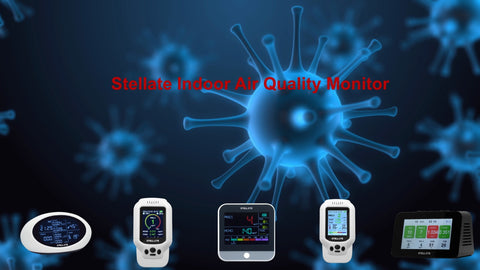
Asthma is a chronic disease in the form of allergy, which directly affects the lungs as well as the bronchial tubes.
In asthma patients, airways become delicate to some allergies. You are more likely to have an asthma attack, when you encounter an asthma trigger. Asthma triggers may differ from person to person. Therefore, you must identify and know your asthma triggers to prevent their direct interaction by adopting proper precautions. There are many asthma triggers in and around your home that are needed to be addressed here such as pets, pests, tobacco smoke, dust mites, cleaning products, and outdoor air pollution.
Here are some of the precautions and advices that one can follow to reduce asthma triggers:
In your homes, damp and wet surfaces can give birth to mold and mold spores which are common asthma triggers. Keeping the home dry can prevent their growth, for this purpose turn on the bathroom and kitchen fans and open the windows while or after taking a shower and after washing dishes in the kitchen. Keep the windows closed tightly during the heavy rains. Use a dehumidifier and air conditioners to prevent humidity. Keep your homes clean by removing the shoes outside or wipe feet on a doormat before coming inside. Change bed sheets and all other beddings every week, dry them completely after washing with hot water and. Vacuum and wet mop floors weekly. Keep the pets out of your bedroom. Keep the house ventilated and let the fresh air move inside through the windows.
Outside air pollution is a big asthma trigger in the surrounding environment. This pollution comes from different sources such as traffic smoke, factories, burns of agricultural leftovers and wildfire smoke. For these situations, pay much attention to the forecasts of air quality on television or radio and plan your activities according to the forecasts, when and where the air pollution is at minimum levels. Still take much care while visiting outside by adopting proper coverings and wearing face masks where needed. Breathing the air containing pollens and some chemicals also enhance the chances of asthma attacks. Physical exercise, some medications, bad weather, inhaling in dry or cold air, many nutrients or food flavors, and perfumes can trigger an asthma attack as well.
Sometimes, it is difficult to evade all of your asthma triggers. Though, with proper indoor air testing, planning, prevention and precautions, you can reduce the exposure to your triggers and ultimately reduce your risk for an asthma flare-up or attack.

Leave a comment